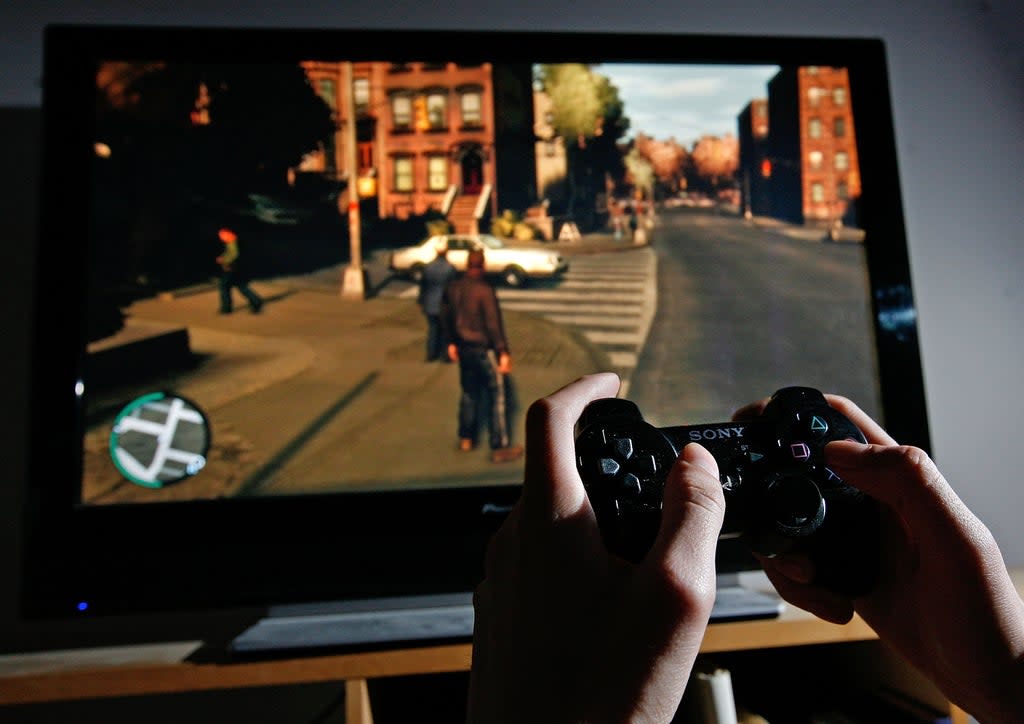China bans video games: The new rules and restrictions on playing for too long, explained

China has introduced new limits on how long under-18s can spend playing video games.
The government has degreed that young people can only spend three hours per week, in a move it says is necessary to stop gaming addiction.
Earlier this month, Chinese media described video games as an “opium for the mind” and “electronic drugs”, with parents saying children have been playing games for seven hours per day, with a detrimental affect on their scholastic performance.
What does the ban include?
The state-controlled publication Xinhua has reported that video game companies can only provide service to minors on Fridays, Saturdays, Sundays, and public holidays between 8:00pm and 9:00pm.
All online gaming must use a real-name verification system, for both citizens of China and visitors to the country.
As well as major video games, the restrictions also apply to games such as programming, sports games, and chess, but teachers and parents reflect that “moderate contact” with video games is acceptable.
About 62.5 per cent of Chinese minors often play games online, and 13.2 per cent of underage mobile game users play mobile games for more than two hours a day on weekdays, according to state media. The country has also set up clinics which combine therapy and military drills for those with so-called “gaming disorders”.
Why is China doing this?
The Chinese government has said that young people are “still in the stage of physical and mental development” where their “self-control is relatively weak”. Limiting video games, Beijing says, will guide minors to “actively participate in physical exercise, social practice and various colourful, healthy and beneficial recreational activities”.
Rising rates of near-sightedness were also cited as a concern in 2018, while regulators have raised concerns about “celebrity worship” in recent weeks.
How long has China planned this?
China has had a tumultuous relationship with video games, with consoles banned in the country between 2000 and 2014.
In 2017, Tencent Holdings said it would limit play time for some young users of its flagship mobile game Honor of Kings, a response to complaints from parents and teachers that children were becoming addicted.
A year later, citing concerns over growing rates of myopia, Beijing said it was looking at potential measures to restrict game play by children and suspended video game approvals for nine months.
In 2019, it passed laws limiting minors to less than 90 minutes of online games on weekdays and three hours on weekends, with no game playing allowed between 10:00pm to 8:00am.
It also limited how much minors could spend on virtual gaming items each month, with maximum amounts ranging from $28 to $57, depending on the age.
Over the past two years, the State Press and Publication Administration has stepped up the punishment of enterprise anti-addiction detection, and last year inspected tens of thousands of games from 50 companies, the government says.
Can the rules be bypassed?
Some children may use a parent’s identity, or purchase adult identify information, to bypass real-name authentication, Xinhua reports, but says the solution to that issue is for parents and schools to increase supervision of children.
In July this year, gaming giant Tencent, which owns League of Legends and has a part-stake in Epic Games’ Fortnite, rolled out a facial recognition function dubbed “midnight patrol” that parents can switch on to prevent children from using adult logins to get around the government curfew.
The People’s Daily, the Communist Party’s principal newspaper, said in a commentary that there was no room for compromise and negotiation on the new measures, as reported by the Wall Street Journal.
The “signal sent by this move is very clear—the government can be ‘ruthless’”, the Chinese newspaper said.
However, since the rules require an online real-name registration system, it could be that young people will be able to play video games for longer provided they do not connect to the internet.
Has any other country taken similar measures?
South Korea’s Youth Protection Revision Act from 2011 banned children under the age of 16 from playing video games, ensuring a six-hour block in the day during which young people could sleep.
While at the time the law was intended not to limit console manufacturers, Sony took the PlayStation Network offline to comply with the rules – lest they risk a fine of up to 10 million won ($8,560). Individuals could face up to two years in prison.
However, South Korea recently repealed this law, Kotaku reports. “For youths, games are an important leisure activity and communication channel,” said Culture Minister Hwang Hee.
“I hope that the preventive measures can respect the rights of the youths and encourage healthy home education.”
Additional reporting by Reuters


